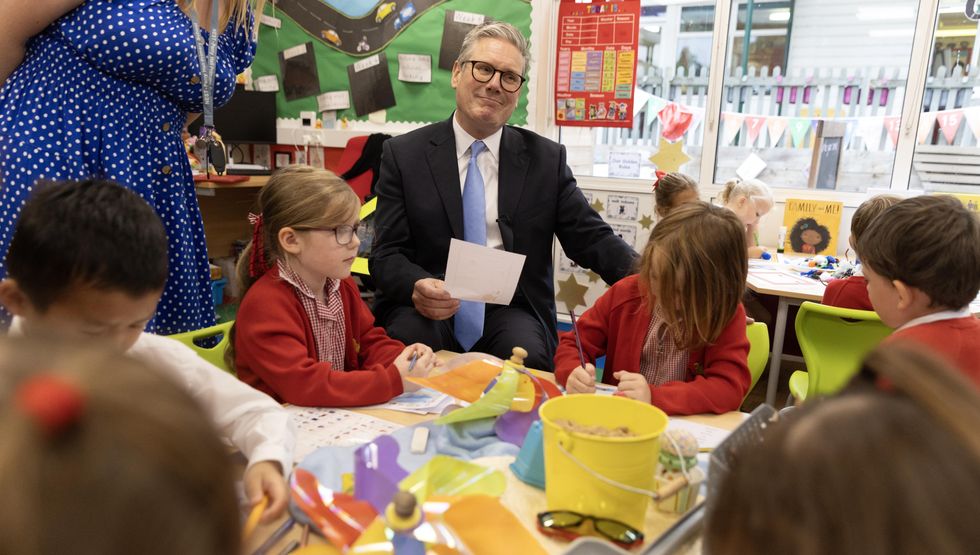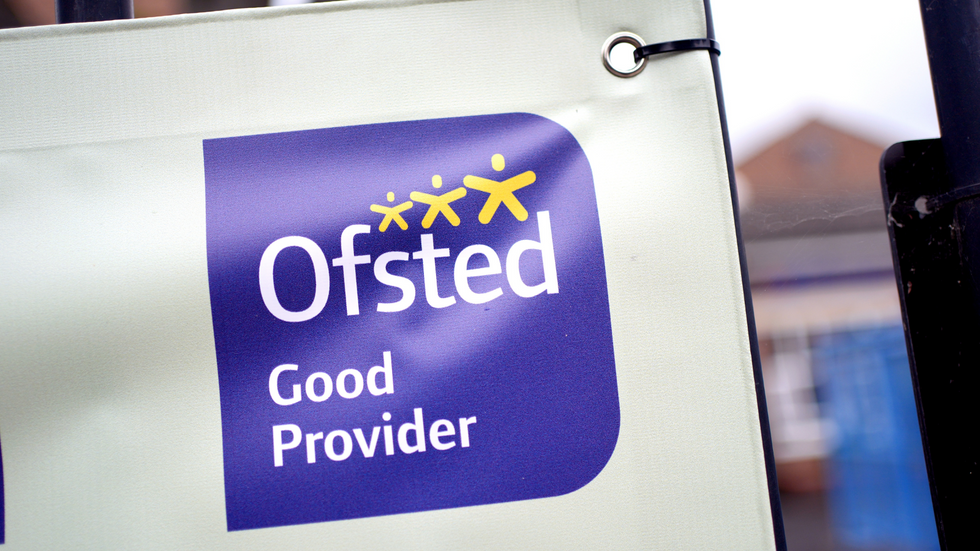Full-time schooling considered ‘optional’ in latest Ofsted report as schools let children attend part-time in flexi ‘learn-from-home’
Tens of thousands of children are being allowed to attend school part-time through flexi learn-from-home arrangements, Ofsted’s chief inspector has warned in his first annual report.
Sir Martyn Oliver raised concerns that full-time schooling is increasingly being viewed as optional, with schools sanctioning arrangements where pupils split their time between classroom and home education.
The practice, known as “flexi-schooling”, has emerged as parents are given permission to home-educate their children for part of the week, whilst attending regular classes on other days.
At least 34,000 children are currently on “part-time timetables”, according to Ofsted, though exact numbers are difficult to track as schools record these arrangements as authorised absences.

A further 47,000 pupils are regularly educated off-site, whilst 92,000 are registered as being home-schooled.
The schools watchdog noted that a blend of online and in-person schooling is increasingly being used for children with special educational needs or behavioural issues.
Oliver claimed that Ofsted cannot verify if children are receiving proper education on their home-learning days, as inspection powers are limited to school premises.
“Old family routines have been loosened” in the wake of the Covid pandemic, he also warned in his report, noting that school attendance is now viewed more casually.
LATEST EDUCATION NEWS:
- Ofsted prioristing teachers’ wellbeing over children’s safety, whistleblower claims
- Schools urged to BAN cakes and biscuits in nanny state lunchbox crackdown
- Teacher OBLITERATES 11-year-old girl’s hopes and dreams with devastating four-word note

“[Part-time timetables] are not a long-term solution. Having children missing education and [that being] sanctioned by the headteacher, and with no end in sight… is something we want to call out and say is unacceptable practice,” he said.
The shift in attitudes has been linked to new working patterns, with Oliver noting: “With working from home now firmly established for many parents, it’s perhaps unsurprising that the absentee rates for Fridays outstrip the other days of the week.”
More broadly, over 19 per cent of pupils are now classed as “persistently absent” – missing at least one day of school each fortnight.
This figure has almost doubled from 11 per cent before the pandemic.
An additional 158,000 pupils were categorised as “severely absent”, missing at least half the school year.

“No matter how good teachers are, if children are not in class with them, they will not benefit,” Oliver warned, and has called the situation a “huge concern for the country.”
In response to these concerns, Ofsted will begin measuring absence levels as part of its new inspection framework from next year.
Oliver has called on the Government to deliver on its promise to create a register of children missing from classrooms.
“There is no comprehensive national data about the number of children not in school full-time and how they are being educated,” he warned.
The chief inspector has also pressed for the introduction of a new absence code to specifically track children in flexi-schooling arrangements.

